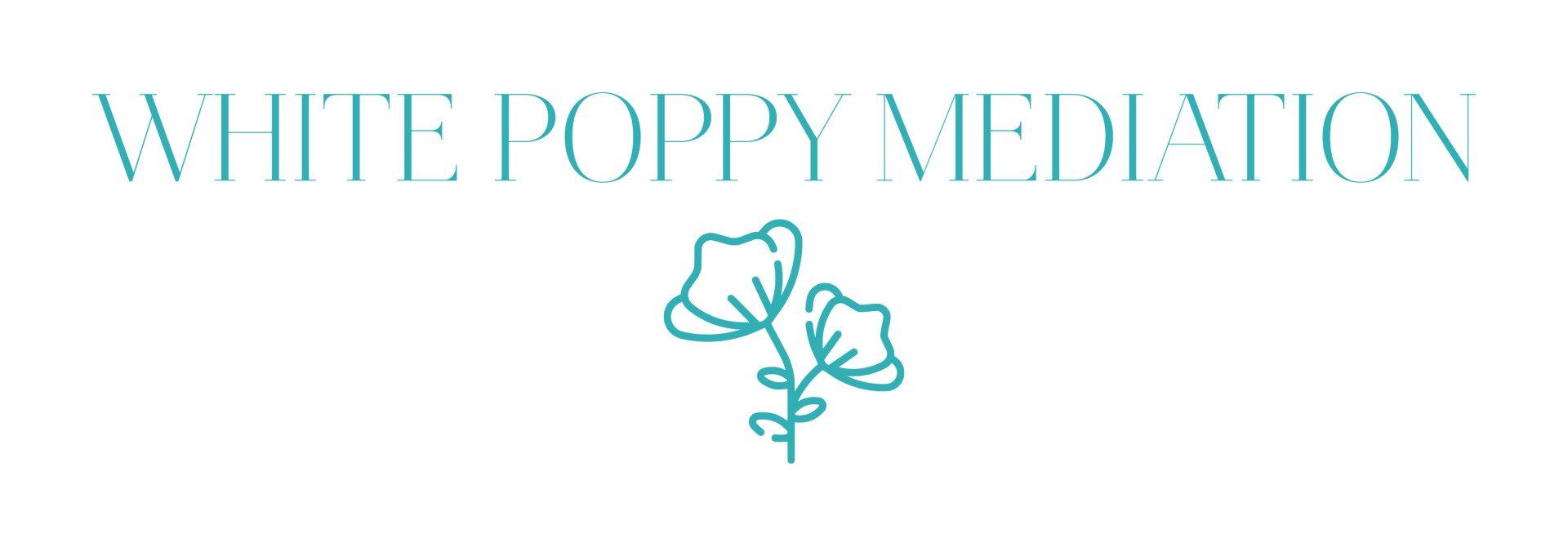How does Mediation work?
Although the precise structure of a mediation will depend on the issues and the parties involved in a dispute, the aims and methods are often very similar.
The mediator will work with you in an informal environment, exploring a dispute impartially, taking into account everyone’s objectives and suggesting ways in which the gaps can be bridged. The mediator will never dictate settlement terms or rule on a dispute. The mediation process is entirely confidential.
It is important to remember that mediation is a voluntary process – the parties themselves are always in control.
If a resolution is reached (and in the vast majority of cases it is) the mediator will work to produce a binding legal agreement that will form the basis of the relationship going forward.
Whatever the nature of the dispute, before the mediation begins you will be supplied with detailed guidance on how the process will work on the day, what to expect and how best to prepare.
At White Poppy Mediation we aim to make the mediation process as simple and easy to navigate as possible. We use plain language. Our aim is to resolve disputes without adding to the stress of the situation.
If you cannot meet in person mediation can take place remotely either online or via telephone.
FAQs
Complaints
White Poppy Mediation strives to provide the highest professional standards of service. We welcome positive and negative feedback on our service. We hope you will not have a reason to complain but if you do please follow the procedure below. We take all complaints seriously and see them as an opportunity to learn and improve our service.
- If you do need to make a complaint, we ask that you do so in writing with a brief outline of your concerns and provide any supporting documentation you might have.
- We will aim to consider and respond as quickly as possible (usually within 14 days).
- The complaints procedure will take account of the confidentiality provisions in the Mediation Agreement signed by and binding upon all parties including the mediator.
- If the response is not accepted the complainant can appeal to the Civil Mediation Council (CMC) on certain grounds. The CMC operates a final stage complaints procedure, whereby it can consider complaints from those people who have exhausted a mediator’s own complaints procedure. Details of the CMC's appeal processes can be found here: https://civilmediation.org/for-the-public/complaints/ .

